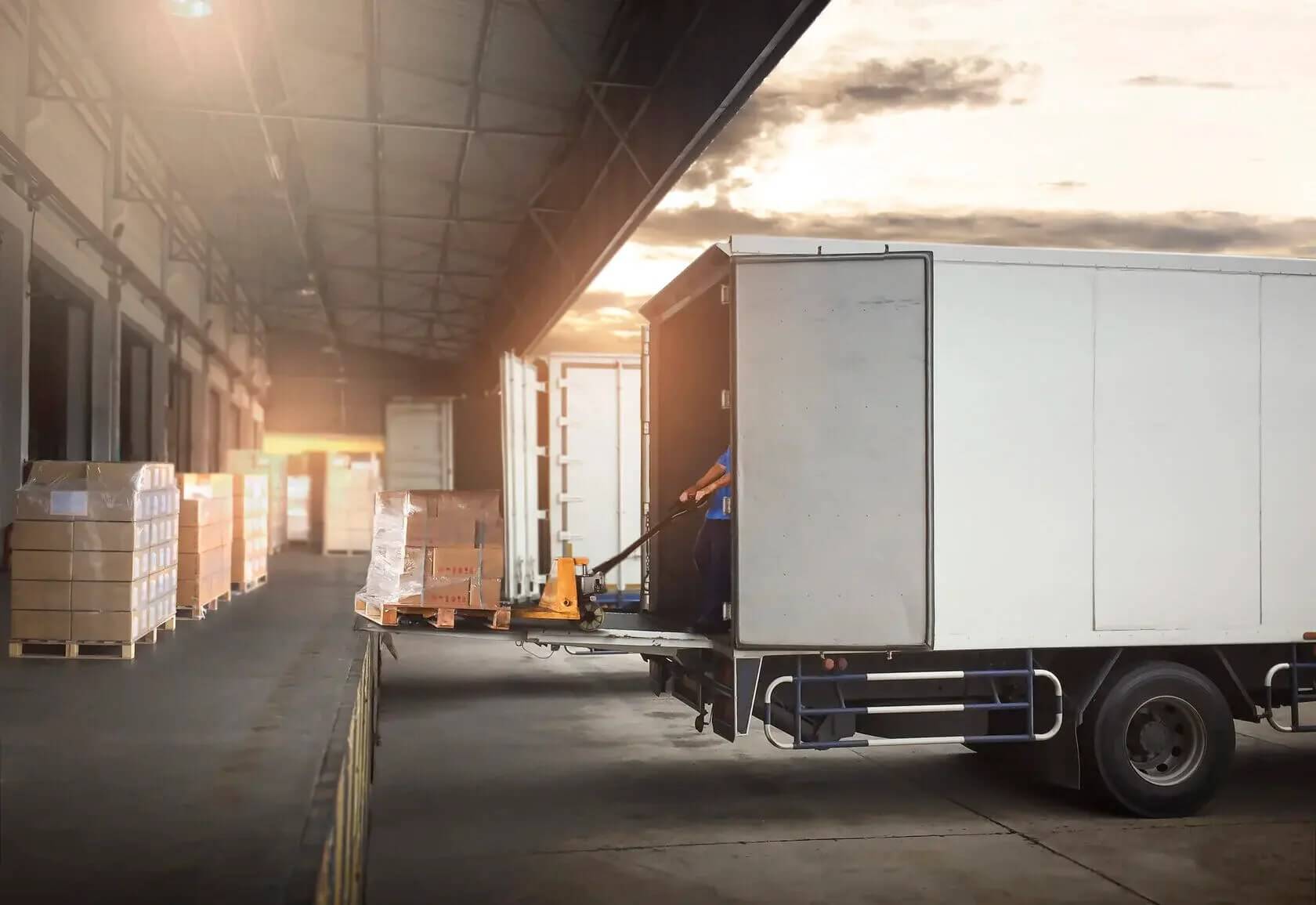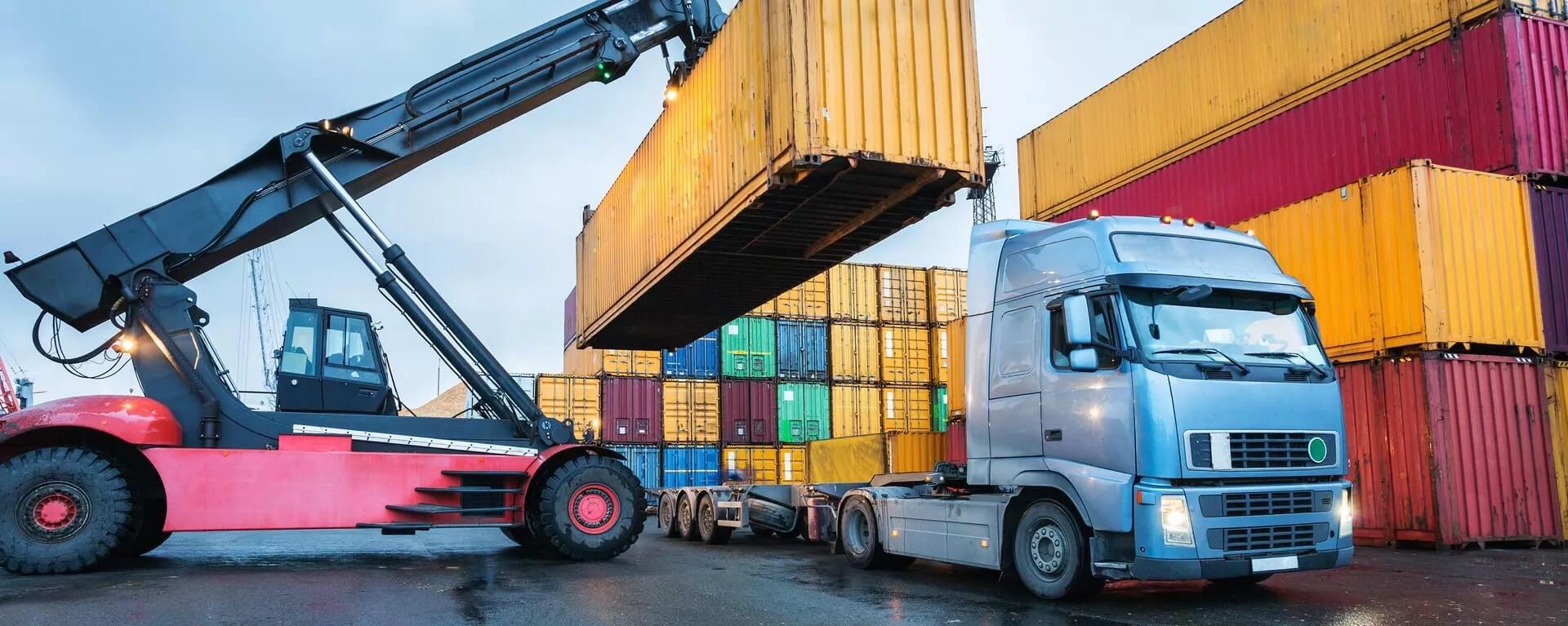
As global awareness of environmental challenges grows, the logistics and supply chain industry faces increasing pressure to adopt sustainable practices. The traditional logistics model, heavily reliant on fossil fuels and wasteful processes, is becoming unsustainable in today’s world of heightened environmental consciousness. Enter green logistics, a holistic approach aimed at minimizing the environmental impact of logistics activities while maintaining operational efficiency. This article explores the principles of green logistics, its benefits, and the strategies companies are adopting to create sustainable supply chains.
What is Green Logistics?
Green logistics refers to the integration of environmentally sustainable practices into the logistics and supply chain process. The goal is to reduce the ecological footprint of logistics activities, including transportation, warehousing, packaging, and distribution. This involves minimizing resource use, reducing emissions, optimizing fuel consumption, and adopting eco-friendly technologies.
The key challenge in green logistics is striking a balance between environmental goals and business objectives like cost efficiency and customer service. However, as both consumers and governments demand greener operations, more companies are investing in sustainable logistics solutions.
Why Green Logistics Matters
- Reducing Carbon Emissions The logistics industry is one of the largest contributors to greenhouse gas (GHG) emissions, primarily through transportation and warehousing. Trucks, planes, ships, and trains powered by fossil fuels are responsible for a significant portion of the world’s CO2 emissions. As countries work to meet international climate agreements like the Paris Accord, reducing emissions from logistics operations has become a critical priority.
- Responding to Consumer Demand Consumers are increasingly demanding eco-friendly products and sustainable business practices. A study by Nielsen revealed that over 73% of consumers are willing to change their consumption habits to reduce their environmental impact. Green logistics is a way for companies to align with consumer values and differentiate themselves in a competitive market.
- Compliance with Regulations Governments around the world are implementing stricter environmental regulations, particularly regarding emissions, waste disposal, and energy consumption. Failure to comply can result in heavy fines and reputational damage. Green logistics helps companies stay ahead of these regulatory changes and avoid penalties while contributing to a greener future.
- Cost Savings in the Long Run While the initial investment in green logistics technologies and processes can be high, the long-term benefits often outweigh the costs. Fuel-efficient vehicles, optimized routes, and energy-saving practices can lead to significant reductions in operational expenses. Additionally, sustainable packaging solutions can lower material costs and reduce waste disposal fees.
Key Components of Green Logistics
Eco-Friendly Transportation
Transportation is the backbone of logistics, but it is also the largest source of emissions. Green logistics promotes the use of eco-friendly transportation methods to reduce the environmental impact.
- Electric Vehicles (EVs): The adoption of electric trucks, vans, and even planes is on the rise. EVs reduce reliance on fossil fuels and generate significantly fewer emissions. As battery technology improves, electric vehicles are becoming viable for long-distance and heavy-duty logistics operations.
- Alternative Fuels: Logistics companies are also exploring alternative fuels such as biodiesel, hydrogen, and natural gas. These fuels produce fewer emissions than traditional gasoline or diesel, and in some cases, are derived from renewable sources.
- Intermodal Transportation: Green logistics encourages the use of intermodal transport, which combines multiple modes of transportation (such as trains, ships, and trucks) to optimize efficiency and reduce emissions. Rail and sea transport are often more fuel-efficient than road or air transport, making them preferable for long-distance freight.
Sustainable Warehousing
Warehouses are essential in the logistics chain but are also large consumers of energy, especially for heating, cooling, and lighting. Sustainable warehousing focuses on reducing energy consumption and minimizing the environmental impact of storage facilities.
- Energy Efficiency: Warehouses can adopt energy-efficient technologies like LED lighting, solar panels, and smart HVAC systems to reduce electricity consumption. Automation and robotics can also improve efficiency by optimizing the flow of goods within the warehouse.
- Green Building Design: Some companies are building green-certified warehouses that meet strict environmental standards, such as LEED (Leadership in Energy and Environmental Design) certification. These facilities are designed to use less water, energy, and raw materials, while also minimizing waste and emissions.
- Inventory Optimization: Effective inventory management reduces the need for excess storage, which in turn minimizes the energy required to operate warehouses. Technologies like predictive analytics and IoT sensors help optimize inventory levels, ensuring that warehouses operate as efficiently as possible.
Sustainable Packaging
Packaging waste is a major environmental issue, particularly with the rise of e-commerce and home deliveries. Green logistics emphasizes the need for sustainable packaging solutions that reduce waste and conserve resources.
- Biodegradable and Recyclable Materials: Companies are shifting towards packaging made from biodegradable, compostable, or recyclable materials. This helps reduce landfill waste and the consumption of non-renewable resources like plastic.
- Right-Sizing Packaging: Optimizing the size and volume of packaging materials reduces the amount of material used and decreases shipping space, which can lower transportation emissions. Some companies use AI to determine the optimal packaging size for each product.
- Reusable Packaging: In B2B logistics, reusable packaging solutions like crates and containers are being used to minimize waste. These containers can be returned and reused for multiple shipments, reducing the need for single-use materials.
Route Optimization and Load Consolidation
One of the simplest yet most effective ways to reduce emissions in logistics is to optimize routes and consolidate loads. Advanced software tools analyze traffic patterns, weather conditions, and delivery windows to create the most efficient routes for deliveries.
- Route Optimization: By optimizing delivery routes, companies can reduce fuel consumption, lower emissions, and improve delivery times. AI and machine learning algorithms help logistics managers identify the best routes in real time, accounting for factors like traffic congestion and fuel efficiency.
- Load Consolidation: Consolidating shipments into fewer trips also reduces fuel usage and emissions. For example, less-than-truckload (LTL) shipping allows multiple customers’ goods to be shipped together, maximizing the capacity of each truck and minimizing empty miles.
Reverse Logistics and Circular Supply Chains
Reverse logistics, which deals with the return of goods from consumers back to manufacturers or recycling facilities, is another important aspect of green logistics. A circular supply chain aims to minimize waste by keeping products, materials, and resources in use for as long as possible.
- Product Returns and Recycling: Green logistics encourages companies to create efficient reverse logistics systems for product returns, refurbishments, and recycling. This reduces waste and ensures that valuable materials are recovered and reused.
- Circular Economy: Companies are adopting circular economy principles, where products are designed with their entire lifecycle in mind. This involves using sustainable materials, designing for easy disassembly, and establishing take-back programs for recycling or refurbishing old products.
Benefits of Green Logistics
- Reduced Environmental Impact. The most obvious benefit of green logistics is its positive impact on the environment. By reducing emissions, conserving energy, and minimizing waste, companies can significantly lower their ecological footprint and contribute to global sustainability goals.
- Improved Brand Image and Consumer Loyalty. Consumers are becoming more environmentally conscious and are more likely to support companies that align with their values. By adopting green logistics practices, businesses can enhance their brand image and build customer loyalty. Many consumers are willing to pay a premium for products that are sustainably sourced and delivered.
- Compliance with Environmental Regulations. As governments introduce stricter environmental regulations, companies that implement green logistics practices are better positioned to comply with these laws. This reduces the risk of penalties and keeps companies in good standing with regulators.
- Operational Efficiency and Cost Savings. Green logistics can lead to greater operational efficiency by reducing energy consumption, optimizing routes, and minimizing waste. Over time, these efficiencies translate into cost savings, as companies spend less on fuel, materials, and waste disposal.
Conclusion
Green logistics is no longer just an option—it’s a necessity for companies that want to thrive in today’s environmentally conscious world. By adopting sustainable transportation, warehousing, and packaging practices, companies can reduce their environmental impact, improve operational efficiency, and meet the growing demand for eco-friendly business solutions. As the logistics industry continues to evolve, green logistics will play an increasingly important role in shaping a sustainable future for global supply chains.



